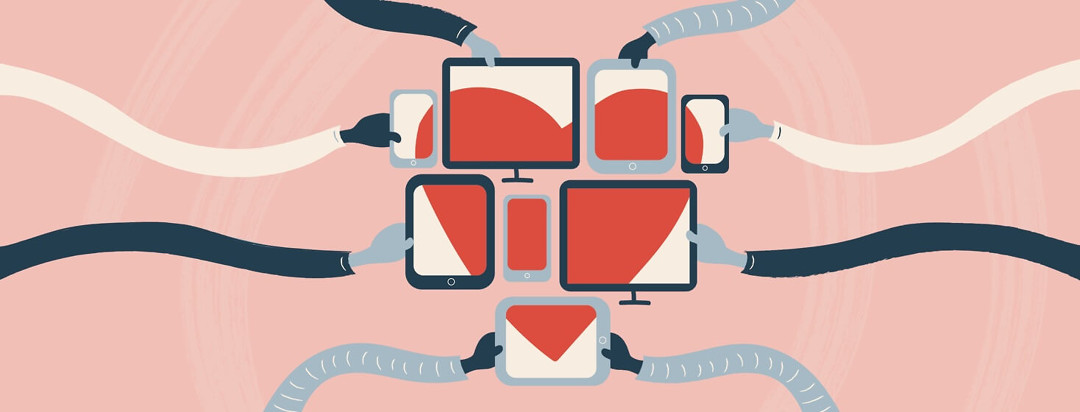Solidarity and Sorrow: The Mix of Being in a Blogging Community
The bad part is when something you read activates a traumatic memory or when you over-identify to the point of believing you will get the other person’s symptoms.
Blood cancer survivors might not have the same level of PTSD as a soldier who has gone to war, but post-cancer PTSD is real. And you never know what will bring it on.
Sometimes, what you read makes you worry more, not worry less.
Sometimes, your virtual friends are not going to do well, and that is going to make you feel awful.
Not a good bedtime story
The other day, I read a post written by someone who has CML. She wrote about how it never goes away. I read it before bed. This was not a good idea. Her struggles haunted me.
I had a nightmare. It was a version of the old relapse dream that I have had less and less as the years have passed after my fourth stem cell transplant, in 2009.
I dreamt that something didn’t look right at a checkup. My doctors wanted to do some tests. They started to draw a timeline, beginning in 2003, with my diagnosis at 48, a relatively young age for acute myeloid leukemia.
I said I didn’t know what they were looking for. I thought that I was officially cured five years after that last transplant. They weren’t so sure. I might be relapsing.
When I woke up, I had to shake off the feeling of impending doom.
Mutual support helps
Still, all in all, it’s good to connect with other blood cancer survivors.
There aren’t many opportunities to talk about the challenges of stem cell transplant recipients. When my year of isolation was over, I looked around for blood cancer support groups but couldn’t find anyone.
Years later, a doctor and nurse who live near me, and who both survived AML, noticed the same gap. The doctor, Jay Burton, said, “You need someone else who can commiserate with you.”
He recalled that when he learned he would need chemotherapy, total body irradiation and a stem cell transplant, he wondered first, “Am I going to live?” and next, “What was I going to miss?”
Connecting through shared experiences
The nurse, Kara Sawyer, who had T-cell lymphoma and leukemia, had co-facilitated a support group for the Leukemia and Lymphoma Society.
“The transplant component and the isolation that follows is unique,” she said. “It’s beneficial to connect with others to learn the strategies to manage that journey.”
In 2015 they started a support group, Survivor Journeys, near where I live. By then, I had been through the worst of it. But it was beneficial to go to some meetings and talk about shared experiences. Also, it felt good to be a resource, as someone who has been there.

Join the conversation